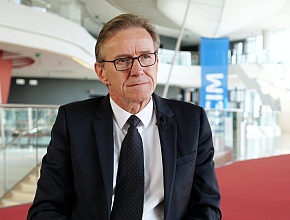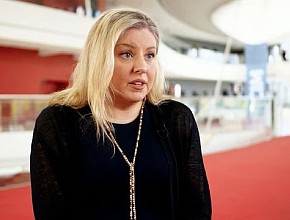Dr Jürgen Floege is a professor of medicine and director of the Division of Nephrology and Clinical Immunology at the University Hospital RWTH Aachen (Germany), Distinguished Fellow of the European Renal Association (ERA-EDTA), and member of the International Society of Nephrology.
Has there been any recent progress in the management of patients with anemia and advanced renal failure?
Jürgen Floege, MD, PhD: Nothing major, really. We have guidelines that specify the hemoglobin corridor. Let us say, in a dialysis setting we target a hemoglobin of 10 to 12 g/dL and that has not changed over the last years.
The only notable change is that we have lots of generics that have really decreased the cost of erythropoietin (EPO) therapy and the foreseeable next change will be that we may get hypoxia-inducible factor (HIF) stabilizers. There are several in development. I believe roxadustat is the one with the furthest development. These will become interesting because HIF stabilizers, unlike traditional EPO, work if you are inflamed. If you are inflamed, you normally have a relative block in your hematopoiesis and HIF stabilizers do circumvent that so that you can increase hemoglobin even in the presence of chronic inflammation, which of course is common in advanced renal failure.
 English
English
 Español
Español
 українська
українська





